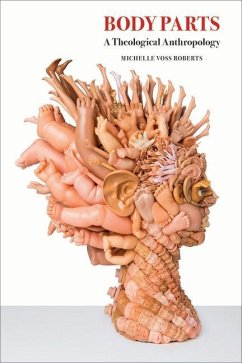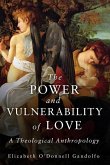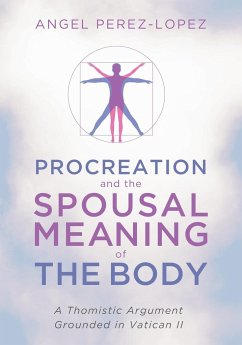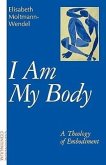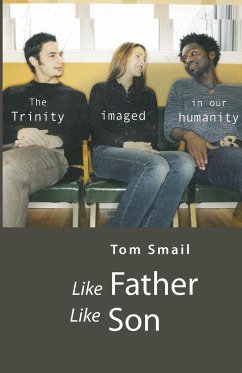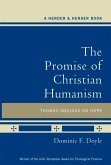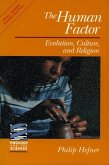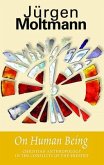Christians have traditionally claimed that humans are created in the image of God (imago Dei), but they have consistently defined that image in ways that exclude people from full humanity. The most well-known definition locates the image in the rational soul, which is constructed in such a way that women, children, and many persons with disabilities are found deficient.Body Parts claims the importance of embodiment, difference, and limitation--not only as descriptions of the human condition but also as part of the imago Dei itself. This thesis is inspired by a parallel claim in an Indian tradition that posits the reflection of the divine body in humanity. Its thirty-six parts invite Christians to consider how consciousness, limitations, mental and emotional capacities, organs of sensation and action, and elements are reflections of divinity. Each chapter pursues openings in the Christian theological tradition in order to imagine these sets of "body parts" as the image of God.
Hinweis: Dieser Artikel kann nur an eine deutsche Lieferadresse ausgeliefert werden.
Hinweis: Dieser Artikel kann nur an eine deutsche Lieferadresse ausgeliefert werden.

